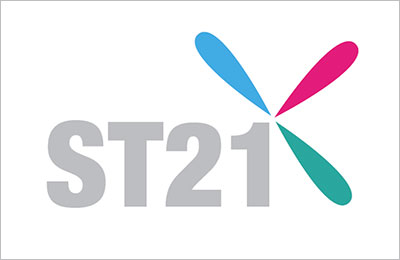D1 - Promote cultural heritage as a resource and facilitate financial investment

D1 Challenges
Development challenges
- Developing Europe’s prosperity by drawing on its heritage resources
- Ensuring that Europeans enjoy a high quality of life, in harmony with their cultural and natural environment
- Implementing the principle of integrated conservation
- Ensuring that heritage is taken into account in sustainable spatial development strategies and programmes
- Developing the ability of public services to address sustainable spatial development issues by means of better use of heritage
- Preserving and developing the ability of public services to address heritage issues
Societal challenges
- Improving quality of life
D1 Target audience
- local
- regional
- national
- European
 Recommended courses of action for D1
Recommended courses of action for D1
- Support and showcase projects involving heritage which show due regard for its integrity
- Introduce or consolidate incentives (grants, tax concessions, etc.) for the preservation and management of cultural heritage and for heritage education
- Provide examples to demonstrate the positive impacts of heritage for society and the territory and for return on investment
- Highlight the various kinds of contributions to heritage-related projects
- Support investment projects in cultural heritage (relating to knowledge and skills) as a strategic factor in contributing to and supporting the creative economy



